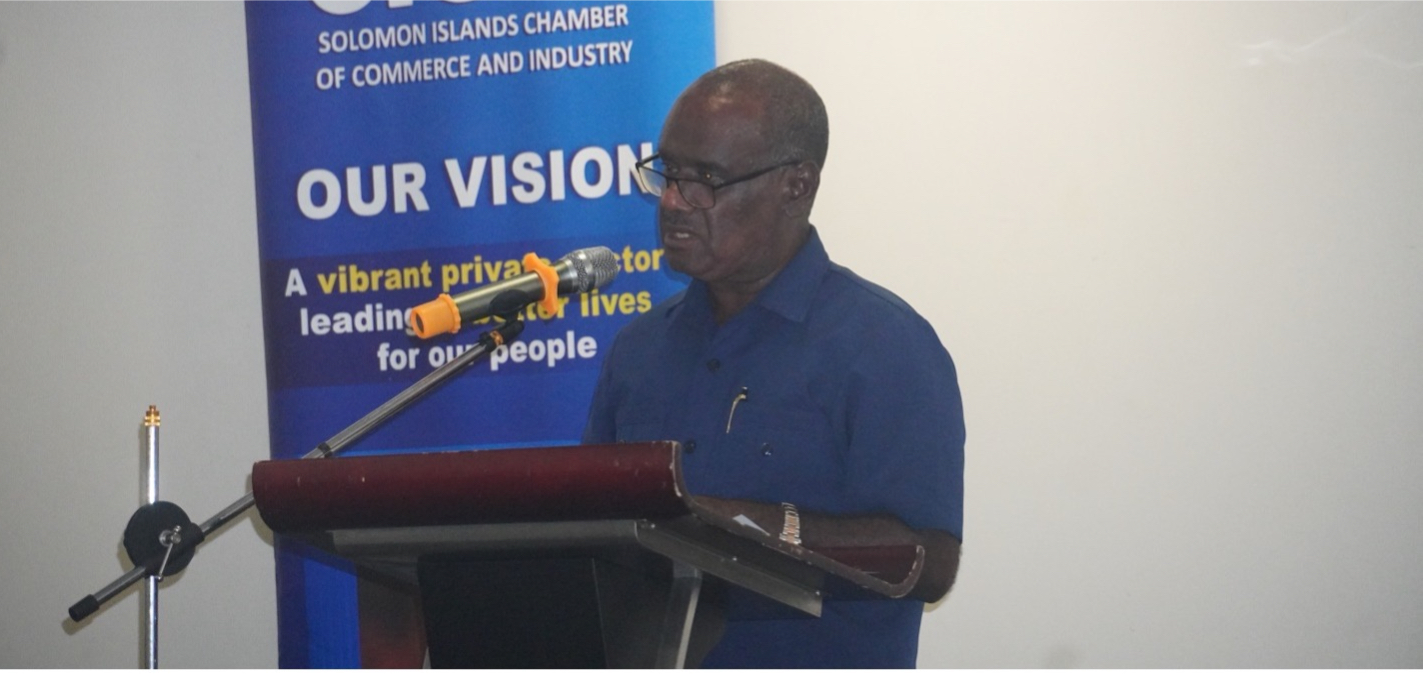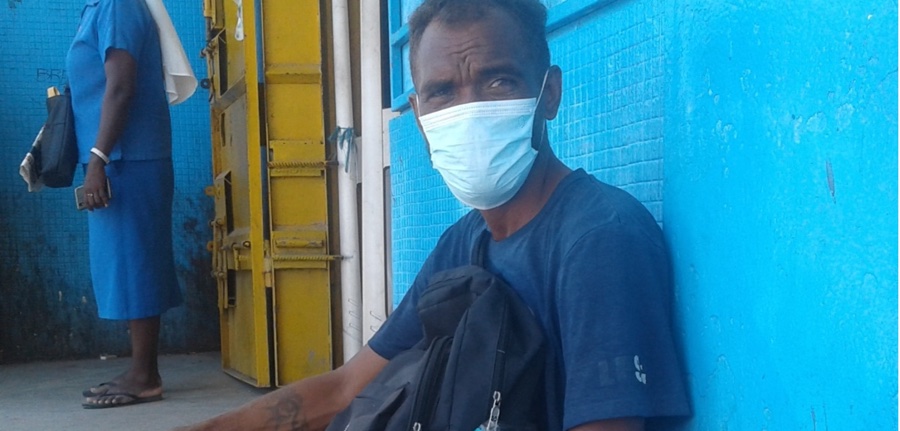A councillor says Auckland’s chance of hitting its climate targets are a fraction of 1% – and has asked when council will accept that and lower its ambitions.
Former National Party Cabinet minister Maurice Williamson likened the goal of halving greenhouse gas emissions by 2030 to the final overs of a cricket match, where the run target was out of reach.
Williamson said by his own maths, the chances of Auckland hitting it’s goal was “less than .01 of 1%”
“When will we decide we cannot make that target and a new one be set?” Williamson asked, after councillors had been briefed on progress – or the lack of – towards goals in its Climate Plan.
Frustration was apparent at slow action on delivering unanimously-backed goals in the 2020 plan, with officials noting success needed “rapid and substantial change in the management, priority, resourcing and delivery of Auckland’s transport investments and existing assets”.
Latest emissions data shows an increase of 5.4% by 2019 – over 2016 levels which need halving in seven years.
“Every year that we don’t make some big changes as a region, it will get harder and harder,” Megan Tyler, the chief of strategy, told council’s Planning, Environment and Parks Committee.
Transport plays the biggest part in Auckland’s emissions and the chief executive of Auckland Transport (AT) Dean Kimpton has said on the current path, only half of the 64% reduction in transport emissions can be achieved.
Lawrence Smith/Stuff
Councillor Maurice Williamson said there was virtually no chance of climate goals being achieved.
Albany ward councillor Wayne Walker asked: “Where is the leadership?”
“We are on the edge of a cliff on that (emissions) graph because we haven’t made the right decisions,” said Angela Dalton, the committee’s deputy chair.
Dalton said the region’s politicians are the ones setting the pace.
“We need to understand what we are doing when we say we are going to freeze, or cut money from budgets,” Dalton said.
The key document in achieving the goals is the Transport Emissions Reduction Pathway (TERP) which, among other things, calls for a halving of driving a public transport use of nearly four times higher than forecast.
Chris McKeen/Stuff
Driving needs to halve by 2030 in Auckland, just one prerequisite for reaching emissions reduction goals.
Councillors had a confidential workshop on Wednesday about TERP, which has gone nowhere since the council handed it to AT last August, calling for a quick-start plan of action over its first two years.
AT has said it needs significant extra funding to take on major new initiatives and councillor Josephine Bartley said the agency had told her its team working on cycling programmes had been halved, and cycling funding cut.
Dalton pointed out councillors themselves had for this year’s budget cut funding for work to start changing transport behaviour.
Bartley said the council should look at new ways of using existing resources to get communities on board.
“If we lose people we are setting ourselves up to fail,” she said.
The discussion ended with councillors receiving the report and no further action called for.





